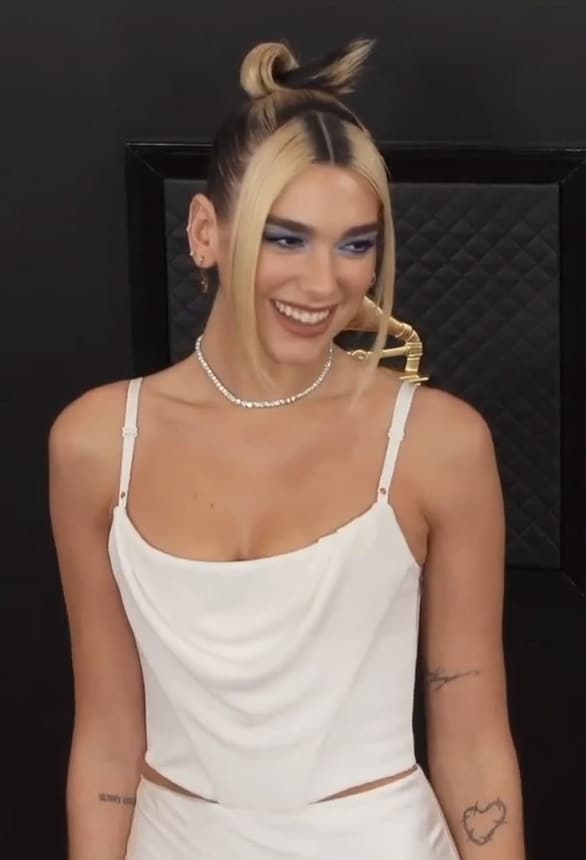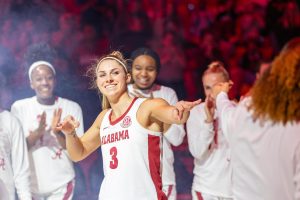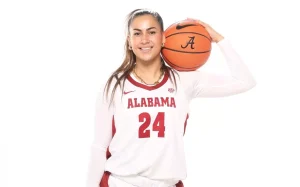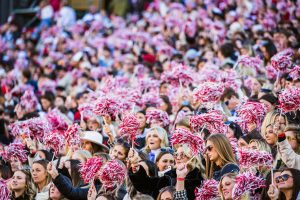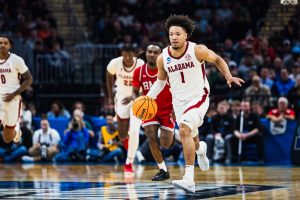How the COVID-19 pandemic is forcing a reckoning within celebrity culture
In what many are touting as the end of celebrity culture as we know it, coronavirus has turned the public against the influencers and celebrities we once loved. From publicity stunts to hosting huge parties, celebrities may be doing more harm than good during the pandemic.
Photo courtesy of Wikimedia Commons
Some celebrities, such as Dua Lipa, have received criticism not practicing what they preach.
March 3, 2021
The pandemic has drastically changed the lives of everyday Americans. Kids have had to learn on online platforms, while families have held birthday parties and Christmases over Zoom calls.
But not everyone is making the same sacrifices.
ALL FOR SHOW
Back in March, the early beginnings of the COVID-19 pandemic kept everyone but essential workers in their houses, fearful to go to the grocery store. In an ill-attempt to cheer everyone up, Gal Gadot and a band of 20 other celebrities filmed themselves badly singing John Lennon’s “Imagine.” The stunt wasn’t received well by the public, the majority of whom were facing months of unemployment, almost no access to COVID-19 tests and a bleak outlook on the future.
On Twitter, thousands of people made fun of Gadot’s video, with one user even editing the video to include the 21 celebrities’ net worths while they were singing.
In what many are calling the end of celebrity culture, celebrities and influencers are losing the power of extravagance that the public once loved. Now, after almost a year stuck at home and over 500,000 COVID-19 deaths, people are beginning to despise celebrities for their carelessness.
Some celebrities, such as Dua Lipa, have received criticism for urging their social media followers to stay at home and avoid unnecessary travel, and then jet setting and hosting parties themselves. In early January 2021, Dua Lipa flew to the beaches of Mexico with her boyfriend and several friends, prompting several Twitter users to call her out for both traveling and telling her followers to follow COVID guidelines.
Celebrities have proven during the pandemic that they are not like us. In an Instagram live video in March 2020, Vanessa Hudgens brushed off the danger of the pandemic by saying, “people are going to die.” Madonna called coronavirus “the great equalizer” as she reflected in a bathtub full of rose petals.
The problem with both of these statements is that they prove that celebrities don’t think that they’re like normal people. While they might try to project the “I’m just like you” facade, they know that they have the money to pay for a hospital stay if they contract COVID-19. They know that they will get a hospital bed because of their status, even though for months, hospitals around the country were at capacity. And on top of all of that, rich people, including politicians, could also afford and get access to treatments for COVID-19 that severely lowered their risk of death or other health complications due to COVID.
PROFITING OFF A PANDEMIC?
In a time where most people are stuck at home, social media and internet use has risen drastically, leading to even more controversy when it comes to influencers and celebrities showing off their wealth and status.
Amidst social-distancing guidelines, celebrities who once relied on extravagant parties and outfits to entertain their social media followers are now struggling to connect. The Kardashian-Jenner family has built a social media empire of over half a billion followers combined. During the pandemic, however, they have constantly been in the news for breaking COVID-19 guidelines and flaunting their wealth in a time where people have lost their jobs and family members to the pandemic.
For Kim Kardashian West’s 40th birthday party this past October, she had an “intimate” family gathering on a private island. Everyone invited was required to get a COVID-19 test prior, which is why no one wore masks during the vacation, even though the staff of the island’s resort was required to. Social media followers were not happy with the Kardashian clan, calling them “selfish” during a time where thousands of people were dying, sick and unemployed.
Hundreds of tweets making fun of the Kardashian-Jenners’ getaway photos. Some pointed out that she’s incapable of being humble; others called her tone-deaf and compared her to Marie Antoinette.
‘THEIR PERCEPTION OF REALITY’
Dr. Chandra Clark, a journalism professor at UA who specializes in electronic news and social media content, said celebrities and influencers on social media are constantly trying to keep up with their audience.
“Some of them just do not think like the average person does because they have been living a life of luxury with a lot of privilege,” Clark said. “The lifestyle that they’ve become accustomed to is something that makes it hard for them to adjust to how we think we see. They just view it differently. It’s how the world works. When someone is surrounded by luxury and flies on private jets, that is their perception of reality.”
For influencers, whose job it is to entertain people through social media, they’re struggling to balance their over-the-top branding with social-distancing rules.
In August, when millions of students were worried about their future in education during a pandemic, famous TikTok star Bryce Hall threw a party so massive that the city of Los Angeles cut the building’s power off.
Clark said it’s the job of influencers to provide content to their audience. During the pandemic, many of them are unaware of what their audience actually wants and so they focus on what their audience wanted before the pandemic started.
“I think they look at the strategy,” Clark said. “They look at the clicks, they look at the likes, and they know that it’s working. I don’t think that’s going to change anytime soon because they have already built an audience and a following.”
NEGATIVE ROLE MODELS
While many are worried that celebrities ignoring COVID-19 guidelines contribute to their entitlement, others are concerned that these influencers are doing what they do best: influencing.
YouTuber Jake Paul, whose target audience is kids ages eight to 18, got himself into hot water when he said the coronavirus was a “hoax” and threw a huge party at his California mansion.
Many are worried that these influencers are pushing the narrative – particularly to their fan bases of relatively young kids and teenagers – that the COVID-19 pandemic isn’t as bad as the media portrays it and that precautions aren’t necessary. Meanwhile, health researchers argue that if the U.S. had put stricter social distancing guidelines in place, more mask mandates and restricted large gatherings, then thousands of people wouldn’t have died.
“Children are so malleable,” said Alanna Twilley, an elementary school educator in North Alabama. “Their brains can be molded. When they’re on social media for an extended amount of time and not being supervised, they actually start thinking that something is okay if a celebrity does it.”
Twilley has been working throughout the COVID-19 pandemic as a substitute teacher and director of technology at an elementary school near Cullman, Alabama. Despite being immunocompromised and at a higher risk for complications if she catches COVID-19, she’s been consistently working since schools opened back up in August.
This year, Twilley has noticed that kids are a lot more reliant on social media and technology, getting lots of their knowledge from the people that they follow online. She’s also observed that some students have begun to learn and take advice from social media influencers, which sometimes makes them think that it’s OK to take their masks off when they’re at school and in public.
PUSHING A NARRATIVE
Kids aren’t the only ones being influenced by celebrities on social media. Adults can also feel drawn to the over-the-top lifestyle of celebrities, which again pushes the narrative that the coronavirus isn’t as big of a deal as it actually is.
After over a year in the COVID pandemic, many states, including Florida, Arkansas, and now Texas, have reopened and lessened restrictions following a period of decreasing cases. Many of these states are even lifting mask mandates due to a large number of vaccinations in their area, even though health officials say that wearing a mask is still important after vaccination.
Health officials have urged states not to reopen and lift restrictions but few have complied. Now, over 15 states have changed their COVID-19 policies to practically nothing, possibly causing what many health experts believe will be the fourth wave of COVID-19.
Whether or not the coronavirus will put celebrities back in their place is still unknown. Many media sites are calling it the end of the influencer, but only time will tell.



